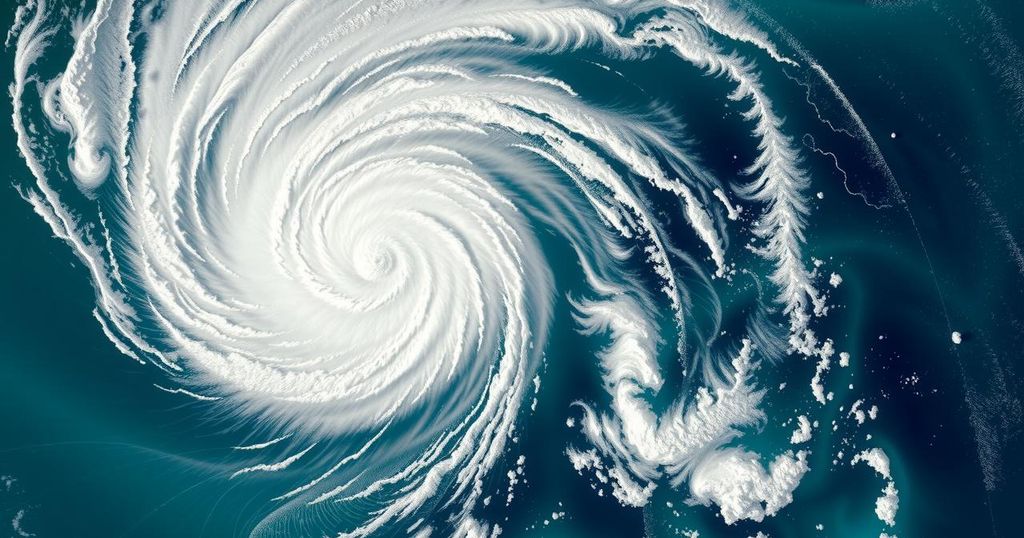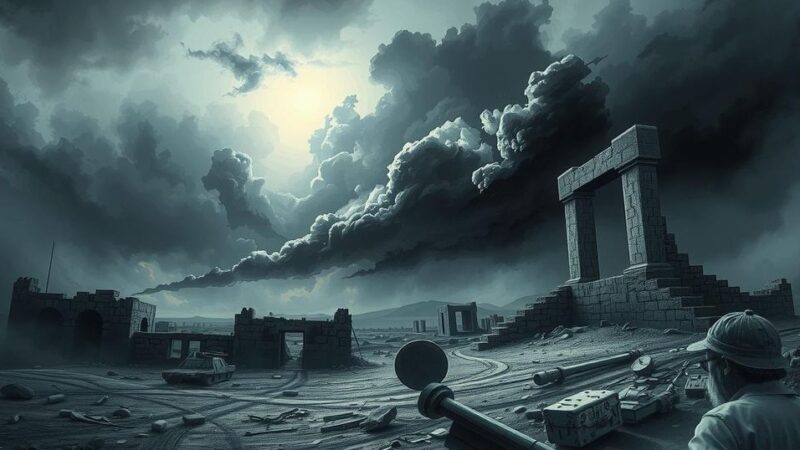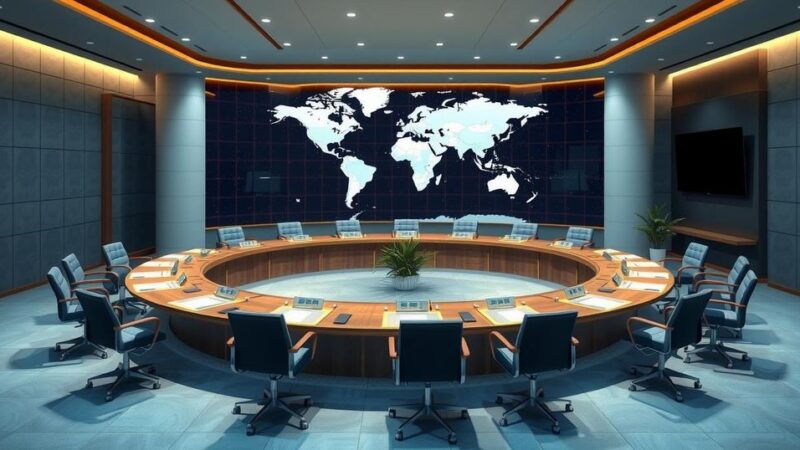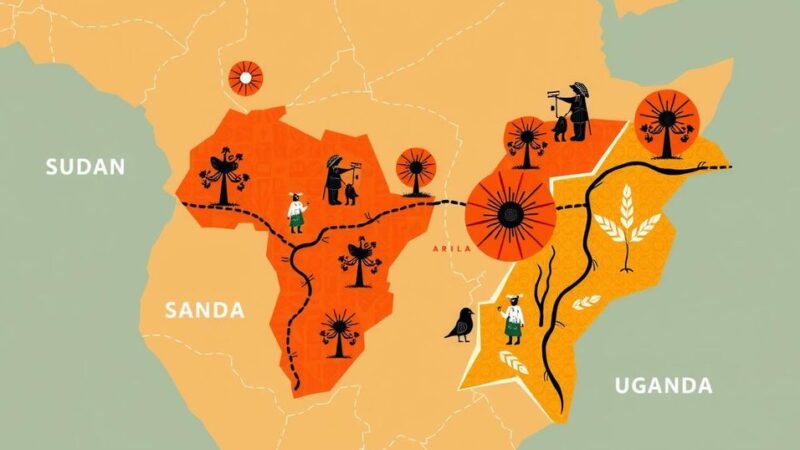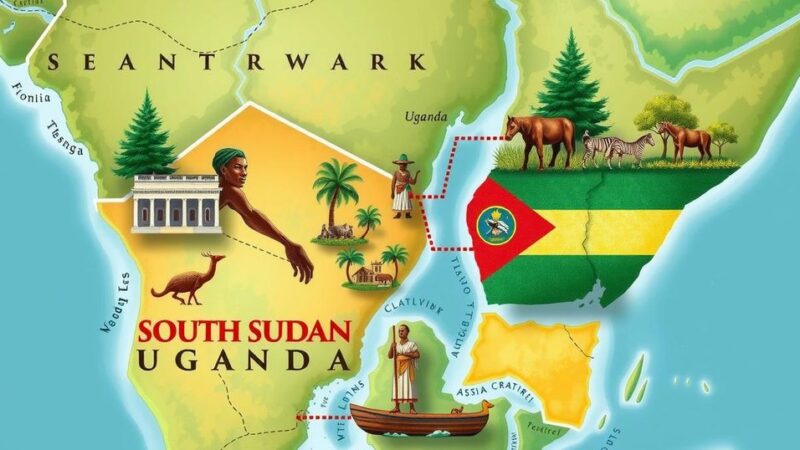Mayotte faces a new tropical storm, Dikeledi, shortly after the devastation of Cyclone Chido, which was the worst in nearly a century. Authorities are on red alert for flooding and after effects of the recent cyclone, and emergency shelters have been set up to assist displaced residents. Tensions rise as local communities express frustration with government neglect following repeated hardships.
Mayotte, a French territory located in the Indian Ocean, is once again under threat as Tropical Storm Dikeledi approaches, occurring a mere few weeks after Cyclone Chido wreaked havoc on the islands. The cyclone, the most severe in nearly a century, led to the destruction of entire neighborhoods, causing significant loss of life and displacing thousands. The Prefecture of Mayotte has issued urgent advisories, urging residents to take shelter and prepare for potential flooding and landslides as Dikeledi brings heavy rainfall and gales to this impoverished region.
Dikeledi, which was previously classified as a cyclone while passing near Madagascar, has downgraded to a tropical storm upon nearing Mayotte. Despite this decrease in severity, meteorological authorities caution that it may regain strength. As Mayotte grapples with the aftermath of Cyclone Chido, which claimed at least 39 lives and left countless individuals missing, the situation remains precarious. Many residents, particularly in economically vulnerable areas, are once again faced with evacuation and safety concerns.
Following the devastation inflicted by Cyclone Chido, authorities are mobilizing over 4,000 emergency personnel to assist local populations in the wake of Dikeledi. Cyclone shelters have been reactivated, accommodating those affected, especially in the battered capital city of Mamoudzou. Compounding these difficulties, the local airport remains closed due to previous storm damage.
Moreover, significant social unrest has emerged in the wake of these disasters, as residents express their discontent regarding perceived governmental neglect. This sentiment intensified during a recent visit by French President Emmanuel Macron, highlighting the strained relationship between the residents of Mayotte and the French government.
The Mayotte islands, located in the Indian Ocean, have faced severe meteorological challenges, especially during the cyclone season that extends from November to April. The islands were recently struck by Cyclone Chido, which mustered catastrophic impacts, leading to extensive damage and loss of life, claiming around 39 confirmed deaths and leaving many others presumed missing. With the region experiencing increased cyclone activity in recent years, such as the 2019 devastation caused by Cyclone Idai, the vulnerabilities of the inhabitants, particularly in impoverished areas, remain at the forefront of discussions regarding disaster preparedness and response. Moreover, the ongoing situation has illuminated broader social issues, including accusations of neglect from the French government towards this territory, known as one of the poorest in the EU.
The situation in Mayotte underscores the grave impact of natural disasters on vulnerable populations, particularly those already facing socio-economic hardships. As Tropical Storm Dikeledi approaches following the calamity of Cyclone Chido, the heightened state of alert among authorities and residents reflects ongoing concerns about safety, infrastructure resilience, and the need for an adequate emergency response framework. The unfortunate series of events has also sparked significant social discourse regarding government oversight during times of crisis, revealing the complexities involved in disaster management in remote regions.
Original Source: abcnews.go.com
